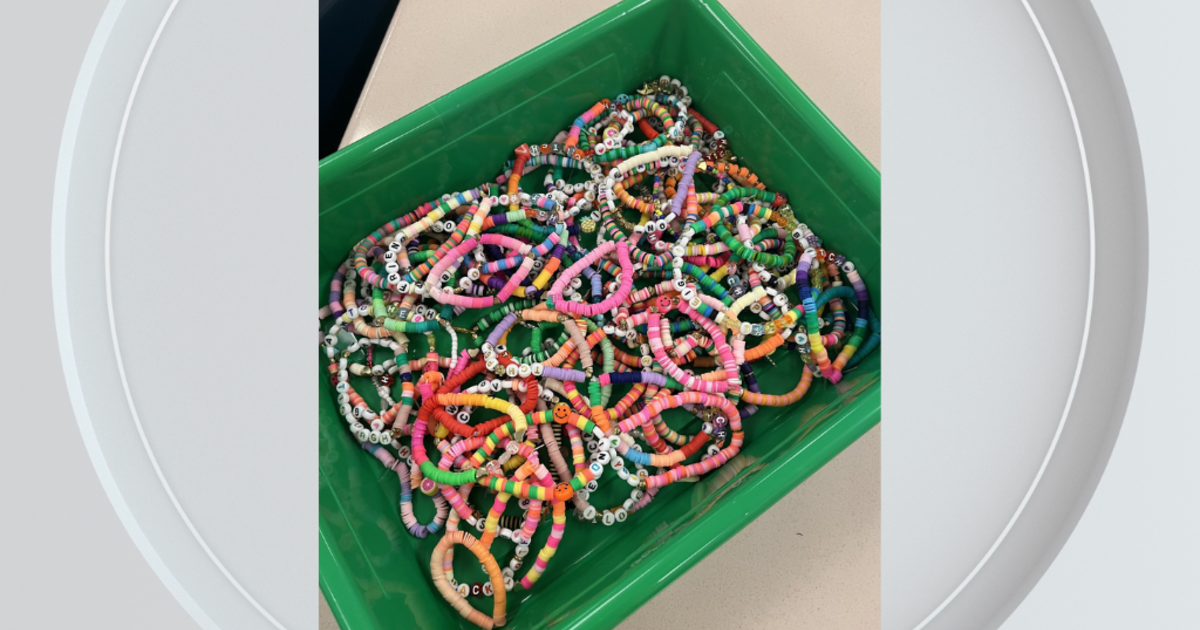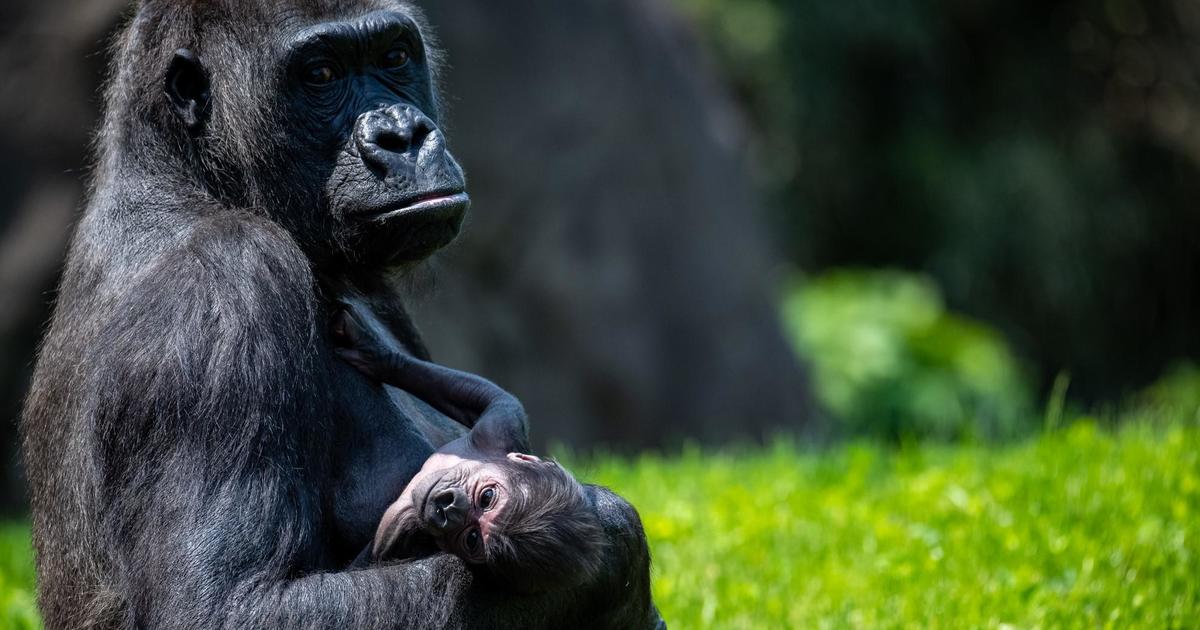University Of Pittsburgh Developing Prosthetic Arm That Allows User To Have Feeling
PITTSBURGH (KDKA) -- The University of Pittsburgh is making headway in the field of prosthetics. Researchers are in the process of creating a prosthetic arm that has feeling. Pat Bayne, 71, of New Kensington, took part in a study held by these researchers.
"I like to tell the kids at school it was a chainsaw or a bear," said Bayne.
Bayne works with first graders in the New Kensington-Arnold school district. She likes to joke about her missing arm which was amputated in 2012 after finding out she had flesh-eating bacteria which turned into sepsis. She decided not to get a prosthetic arm because her shoulder was amputated too. Then, in 2016, Pat was the first person to complete a 30-day research study at Pitt that used spinal stimulators routinely implanted for chronic pain to create a prosthetic arm that "feels".
"They would hook me up and run a current to see if in a specific location, get my fingers to move, whether you could tell where it was. Have computers to draw it and say in my elbow or wherever," said Bayne.
Sure enough, she had feeling!
"They could get in between the webbing of the fingers and could tell where it was," said Bayne.
"What I think is exciting here is we are using devices already implanted in 50,000 people a year to treat pain and just using them in a different way. So instead of trying to treat pain, we are trying to generate sensations that feel like they come from that person's missing hand," said Dr. Lee Fisher, Assistant Professor of Physics, Medicine, Rehabilitation and Bioengineering at Pitt. "So when they touch an object they can feel the prosthesis actually touching the object."
A prosthesis that Bayne said would be life-changing.
"We used to make jewelry and do enameling to do one-handed pretty hard but if I had a hand that could feel where I could use pliers and teeny wires to bend, I could do things like that," said Bayne.
Instead, Bayne and her husband now run free libraries around New Kensington. She said it's an easier hobby to do with one arm. However, she'd still love to return to jewelry-making one day.
"I keep thinking I'll start don't minute but am afraid I won't be able to do what went to do," said Bayne.
Dr. Fisher said his research team is also in the process of testing prosthetic lower limbs that have feeling. He said they're still very much in the development phase but hopes to have these limbs available to amputees within the next five years.



